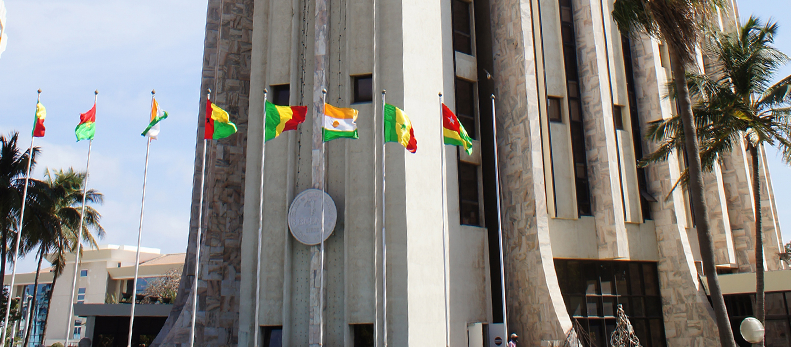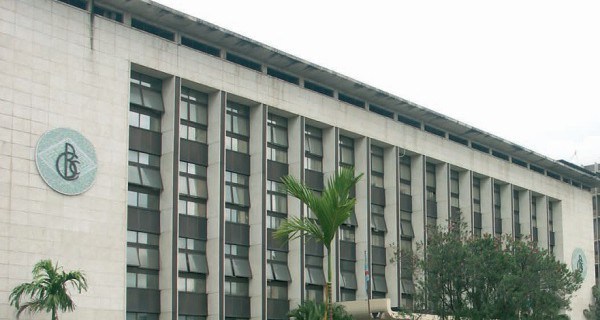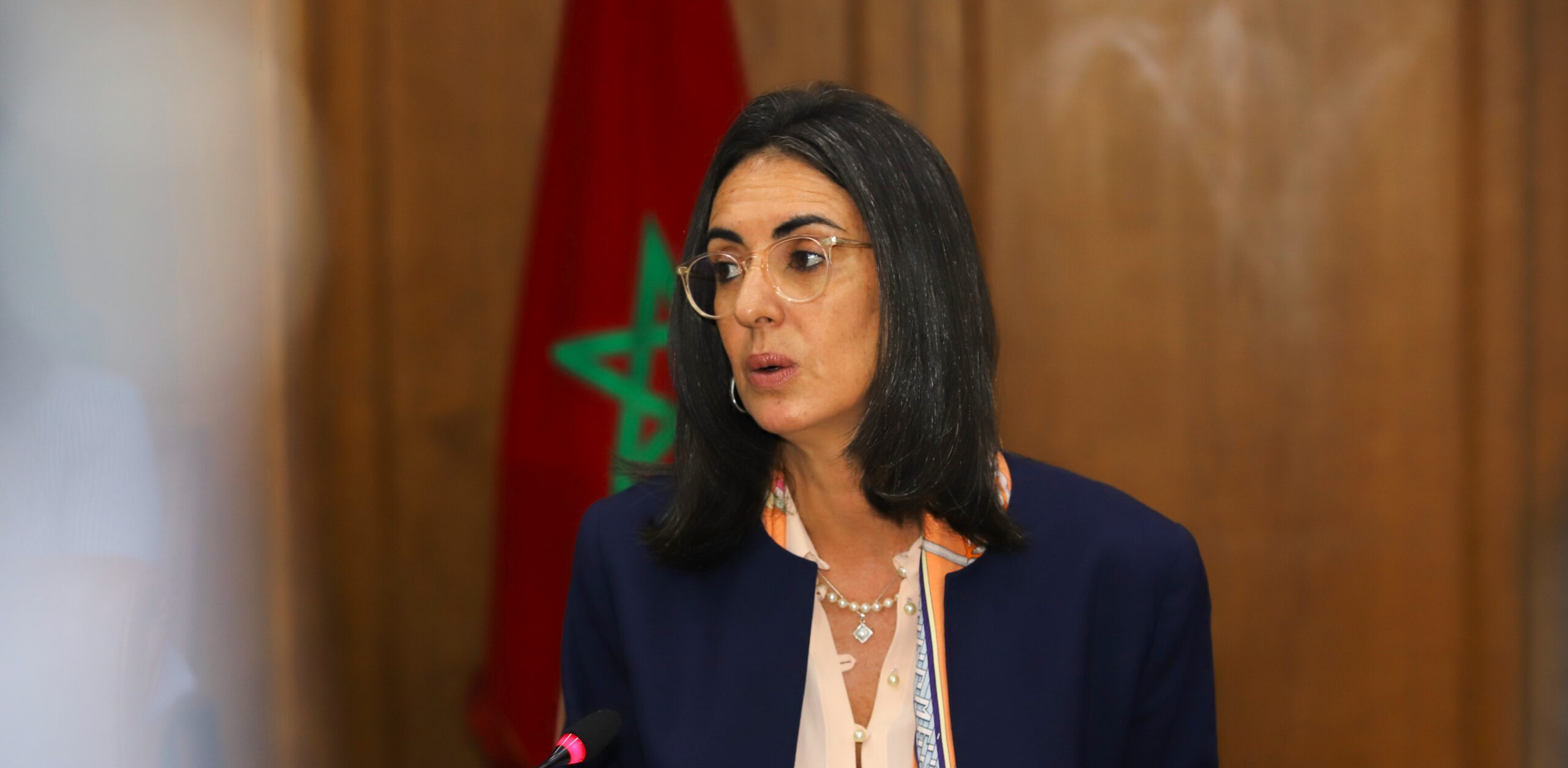BCEAO Bets on Digital Rails: Can WAEMU Replicate Brazil’s Pix?
BCEAO launches real-time payments in Togo with Coris (BRVM:CBI), Ecobank (BRVM:ETIT), and Oragroup (BRVM:ORGT). Backed by AfDB & Gates, it signals WAEMU’s digital shift. Success hinges on adoption, trust, and scaling beyond cash’s dominance.

On September 30, the Central Bank of West African States (BCEAO) launched an interoperable instant payments platform in Togo, with Coris Bank International (BRVM:CBI), Ecobank Transnational Incorporated (BRVM:ETIT), and Oragroup (BRVM:ORGT) as the first participants. Others, including Bank of Africa (BOA), BIAT, Cofina, and Sunu Bank, are expected to join soon. Backed by the Bill & Melinda Gates Foundation and the African Development Bank (AfDB), the system is designed to allow real-time, 24/7, irreversible transfers across banks, microfinance institutions, e-money issuers, and fintech providers.
The platform is more than a technical upgrade; it is a signal that BCEAO intends to rewire the WAEMU financial system for speed, efficiency, and inclusion. For years, interbank transfers across the bloc were slow, cash-heavy, and costly. By cutting settlement times and reducing fees, BCEAO is aiming to accelerate the velocity of money, lower the cost of doing business, and expand access to financial services. This ambition also strengthens WAEMU’s case as a unified monetary and financial space, with the CFA franc already providing a shared currency anchor for over 134 million people in eight countries.
The move fits into a wider global pattern where central banks are increasingly shaping digital payment infrastructures. Brazil’s Pix, launched in 2020, processed over USD 400 billion equivalent in Q4 2024, overtaking debit cards as the most used payment method. On Black Friday 2024, Pix transactions doubled year-on-year, highlighting how quickly a trusted real-time system can displace cash. In Africa, the Pan-African Payment and Settlement System (PAPSS) is gaining traction as a cross-border settlement layer, while WAEMU’s GIM-UEMOA already processes millions of card transactions annually. Against these comparatives, BCEAO’s initiative is ambitious but still embryonic, and its true impact will depend on whether adoption spreads widely beyond the first three banks.
The foundations for success are promising. WAEMU’s single currency eliminates foreign exchange frictions in regional transfers, and recent BCEAO reforms created regulatory space for e-money and payment service providers. The phased rollout, piloted from June 2025, suggests technical caution, while donor backing reduces initial financial risks. If adoption takes off, the upside is considerable: lower settlement costs for banks like Ecobank (BRVM:ETIT) with pan-African reach, broader digital usage for fintechs integrated with mobile money platforms such as MTN Group (JSE:MTN) and Airtel Africa (LSE:AAF), and efficiency gains for merchants across the bloc. Regional trade could also accelerate as cross-border payments between Lomé, Abidjan, and Dakar settle instantly.
Yet the risks are equally stark. Without critical mass of banks, fintechs, and merchants, the platform risks underuse. Network effects are unforgiving: partial adoption undermines utility. Technical resilience and fraud prevention will be tested, especially as a recent study flagged vulnerabilities in WAEMU mobile banking apps, raising concerns about cyber risk. Funding sustainability is also a concern. While donors are underwriting the rollout, the system must eventually recover costs through transaction fees. If pricing is too high, low-income users will remain excluded; if too low, the infrastructure may struggle to sustain itself.
Beyond economics lies culture. Despite growth in mobile money transactions — which topped USD 832 billion in Sub-Saharan Africa in 2023 — cash remains dominant in WAEMU. Digital literacy, trust, and merchant acceptance will determine whether the BCEAO system takes root.
The launch is thus both an opportunity and a test. If BCEAO achieves broad onboarding and builds user trust, the region could replicate Brazil’s Pix trajectory and unlock new layers of digital finance. If execution falters, the initiative risks being remembered as an ambitious but underutilized project. For now, the signal is clear: WAEMU is betting its financial future on digital rails. For banks listed in Abidjan and Lomé, for telecom-led fintechs trading in Johannesburg and London, and for investors in regional sovereign bonds, the coming year will determine whether this new infrastructure delivers integration and efficiency — or remains a promise delayed.





